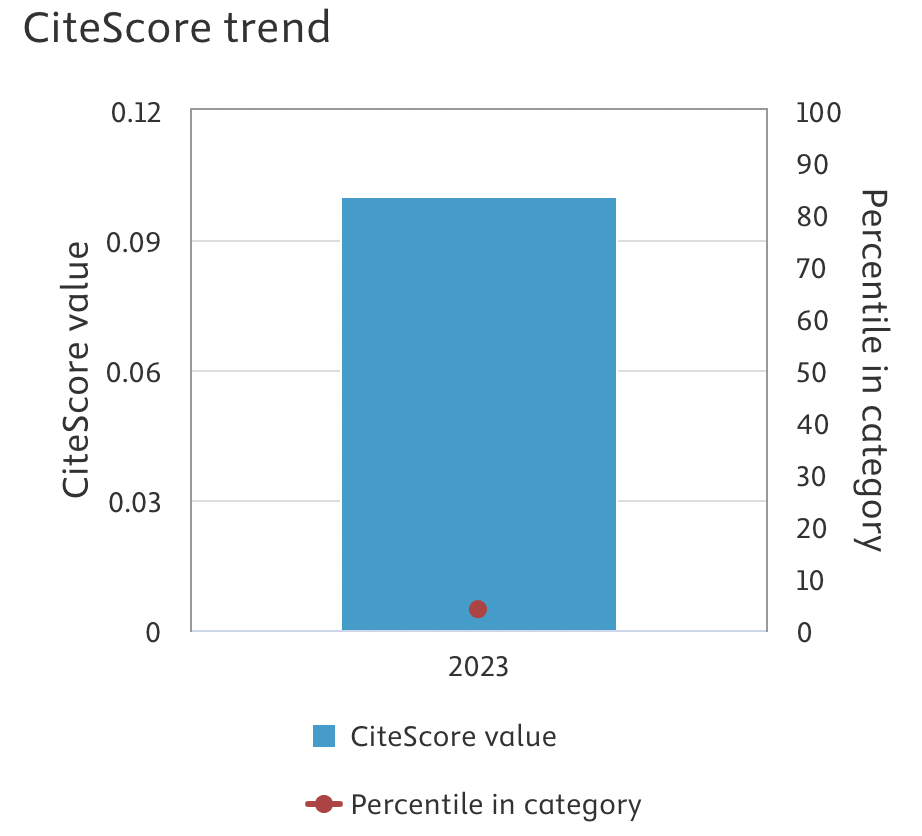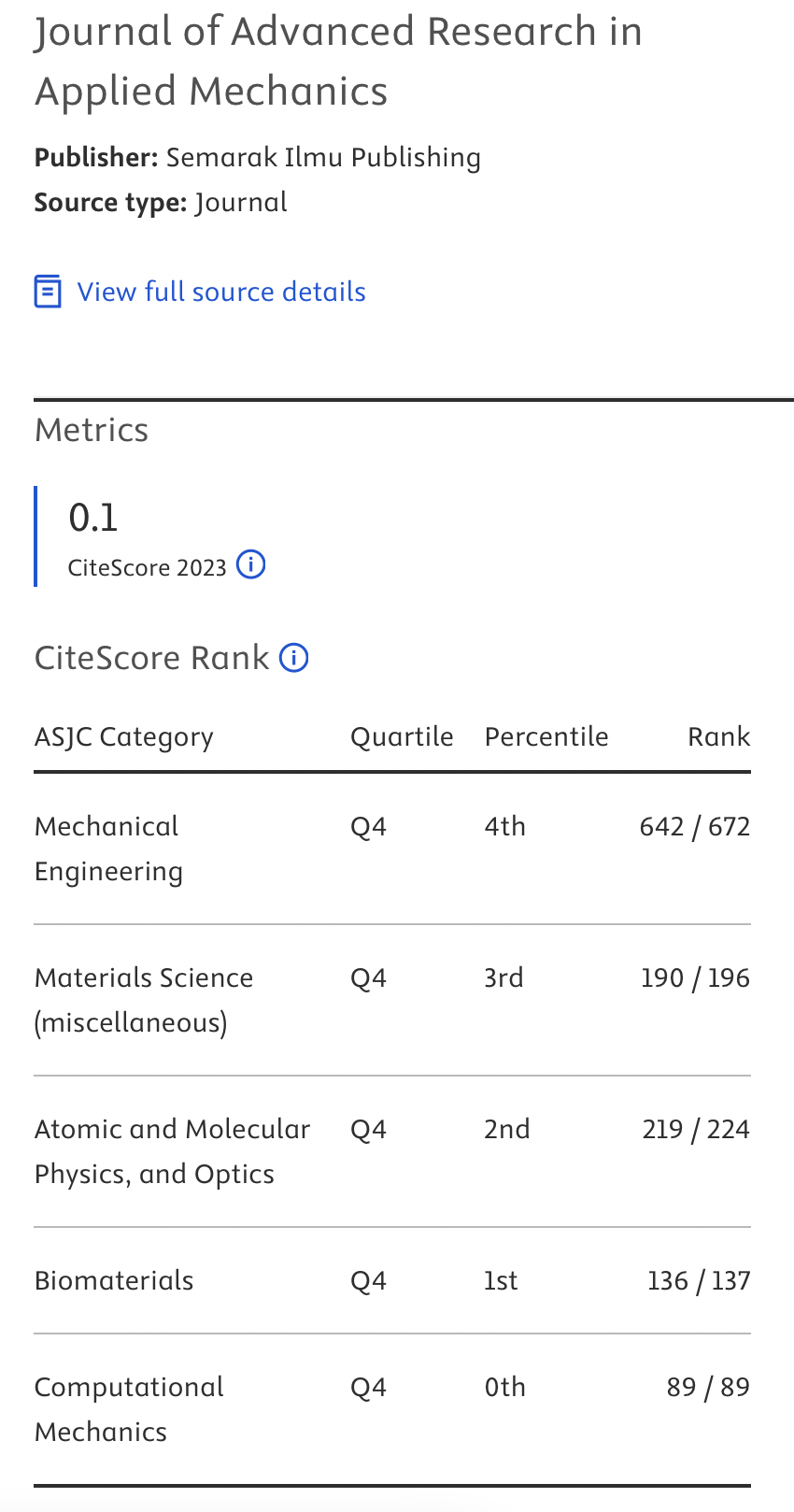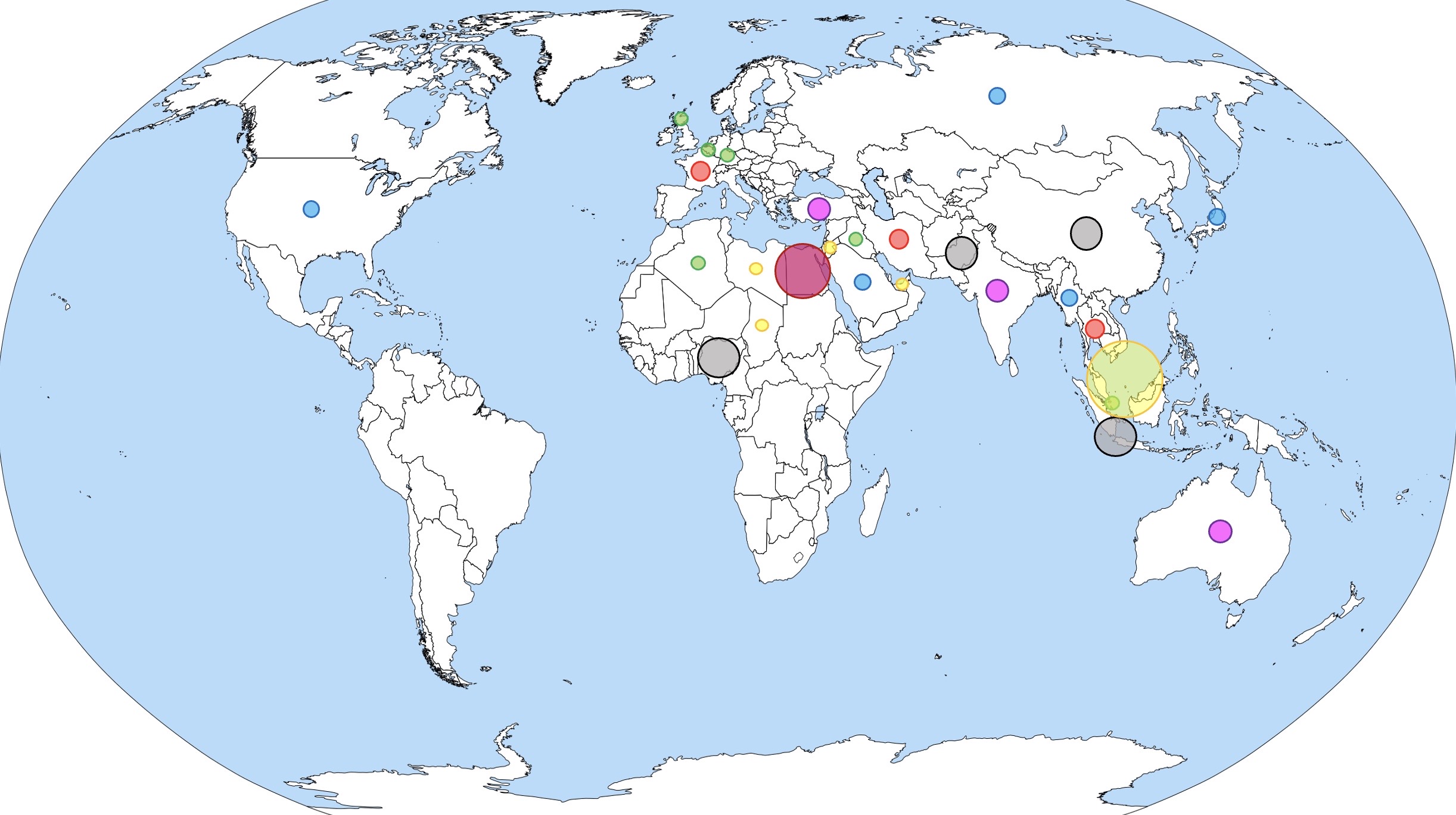Evaluation of Impact of Additive-Blended Biofuels (ABFs) on Single-Cylinder Motorcycle Engines
DOI:
https://doi.org/10.37934/aram.126.1.123137Keywords:
Additive blended biofuels, ethanol, gasoline, single-cylinder engines, fuel subsidies, energy reserveAbstract
The elimination of subsidies for conventional gasoline (E0) in Nigeria has led to a surge in fuel prices, prompting researchers to explore alternative automotive biofuels. Among the promising options are additive-blended biofuels, which can be used in spark ignition engines (S.I.E.). However, biofuels have limitations, such as lower energy density, compatibility issues, and potential infrastructure degradation. Additive-blended biofuels (ABFs) represent an advanced technology that can address these shortcomings and enhance the performance of blended biofuels in automotive engines. In this study, additives were prepared and added to ethanol-gasoline blends, which are referred to as additive-blended biofuels (ABFs). E0 and ABFs were then tested in a single-cylinder motorcycle engine on a chassis dynamometer to evaluate the performance and emission characteristics of ABFs at partial and full load respectively. It was found that ABFs exhibited an increase in engine torque (T), brake power (BP) and brake mean effective pressure (BMEP) by 42.3%, 25.2% and 48.3%, respectively over E0. In addition, ABFs showed a 40% reduction in brake specific fuel consumption (BSFC) compared to E0. On the other hand, the emission measurements showed that NOX and HC emissions were reduced by 76 % and 35.3 % respectively for ABFs compared to E0.
Downloads


























